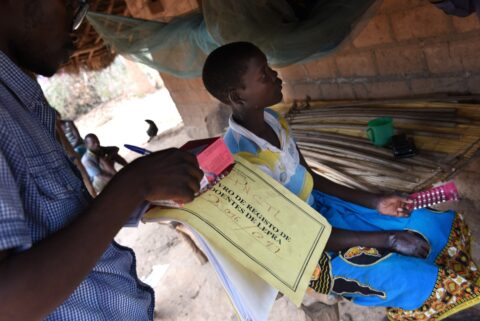
Preparing Mozambique and Nigeria for PEP
NLR is delighted to announce that it received funding to start PEP (post-exposure prophylaxis) projects in Mozambique and Nigeria.
Currently, there are only three African governments that have some experience with the PEP approach: Morocco, Tanzania, and the Comoros. Other endemic countries such as Mozambique and Nigeria have not yet started.
Mozambique and Nigeria are two of the most endemic countries in Africa and are included in the WHO priority countries for leprosy.
According to the WHO 2018 leprosy update, Mozambique and Nigeria had 2,422 and 2,095 newly detected leprosy patients respectively, thereby accounting for over twenty percent of the total new leprosy patients in Africa. In Mozambique, leprosy was declared to no longer be a public health problem in 2008 and yet there is a rise in the number of new patients. In Nigeria, the focus of both the government and the international community has switched to diseases like tuberculosis, taking funding and political interest away from leprosy, causing a stall in its detection and treatment.
For these reasons, the projects will incorporate interventions such as active leprosy case finding, mapping of leprosy patients to identify patient clusters for targeted interventions, distributing single-dose rifampicin (SDR-PEP) to more than 30,000 contacts of leprosy patients, and strengthening of the national leprosy control programmes through capacity building of nearly 2,000 health workers in both countries. The project will start in January 2020 and last a total of three years.
At the end of project, it is expected that both countries will have the following outcomes:
- The Ministries of Health will have formally included SDR-PEP in the national strategies on leprosy;
- The project intervention areas in the countries will have fully functioning leprosy control programmes, including SDR-PEP administration, with adequately trained staff, resources, and ongoing leprosy related activities; and
- Self-care will be an integrated part of leprosy related interventions in both Mozambique and Nigeria.